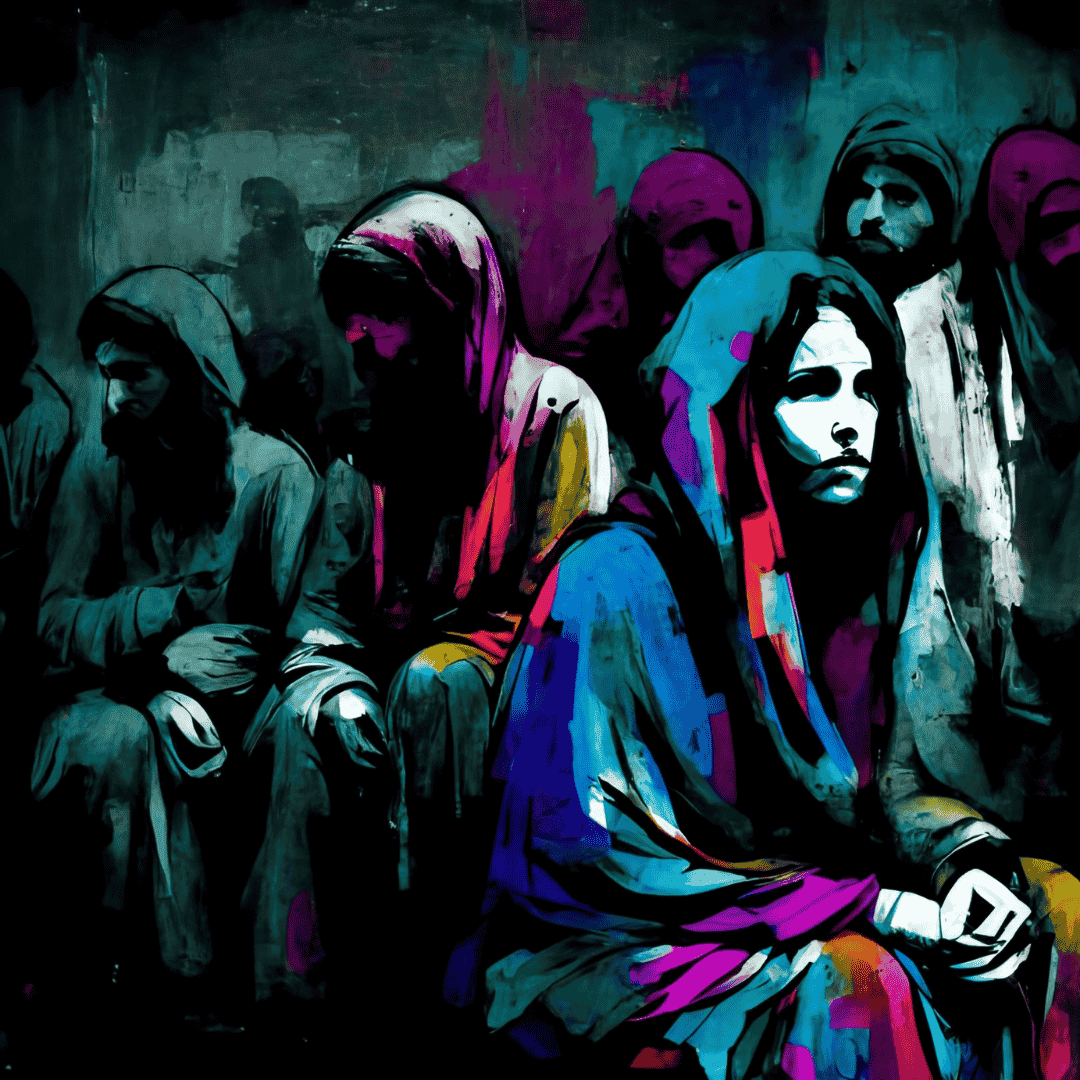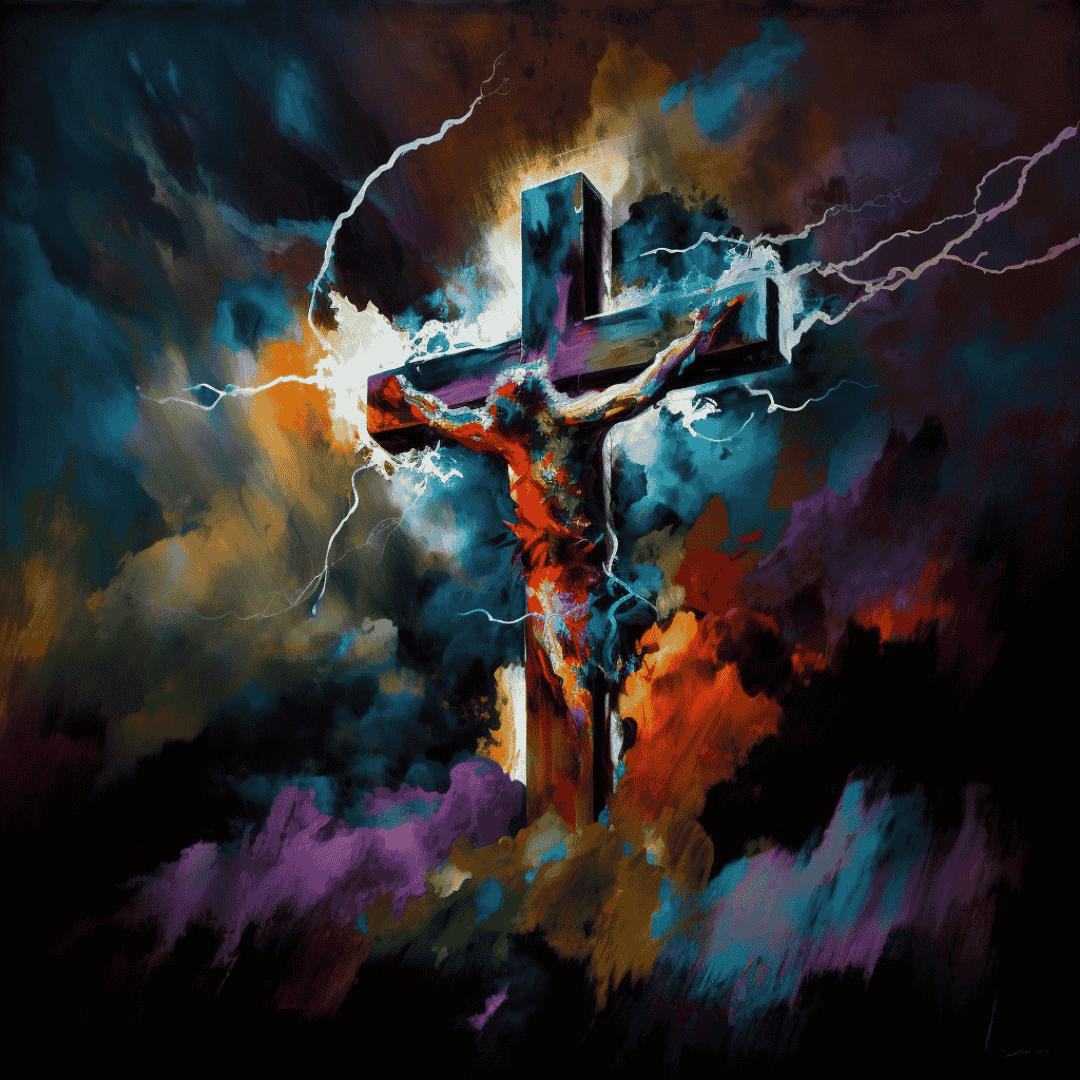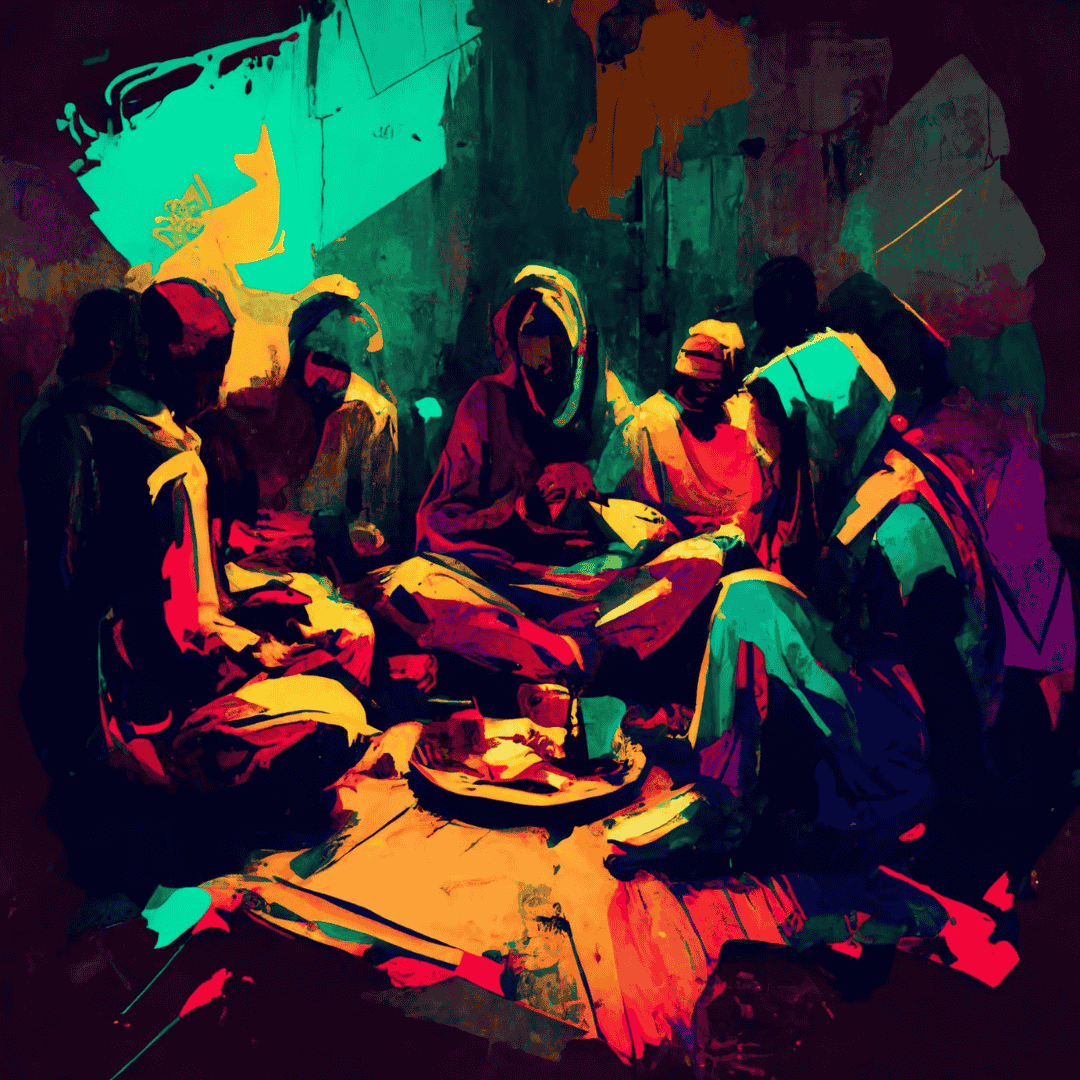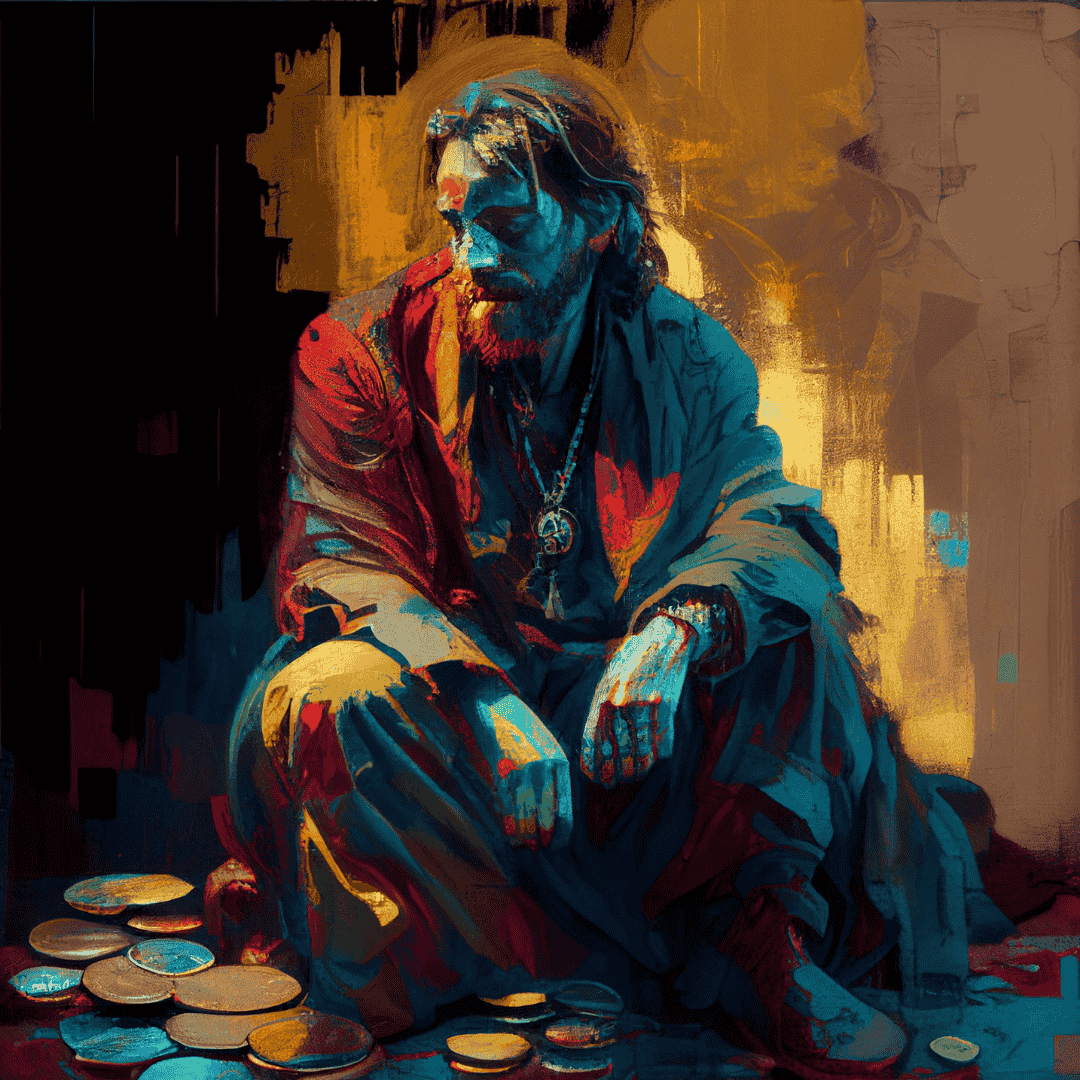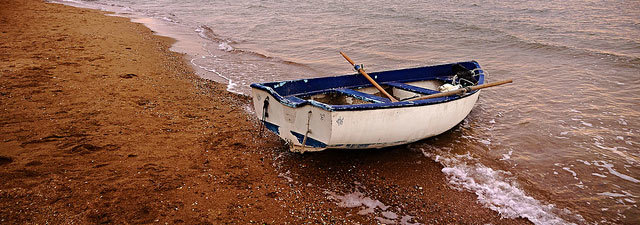
By Dr. Wayne Brouwer
September 2, 2015One of the greatest military campaigns ever conducted was the Persian invasion of Greece in 480 B.C. King Xerxes (the ruler featured in the pages of the Old Testament book of Esther) set out to redress the humiliation suffered by his father’s army at Marathon, where a small Greek force had worn out the massive Persian onslaught and whimpered it into retreat. While the previous force had been huge, Xerxes’ collected battalions were massive. Historians who traveled along to document the planned Persian victories claimed that it took seven days for the entire company to pass by any one point.
When the Bosporus waters stalled the entourage, Xerxes commanded his engineers to float a bridge over the gap. But when their temporary pontoon structure was ready, the fickle European weather turned and a grand storm piled up the waters until they swallowed the link.
Xerxes was livid. How dare the god of the deeps challenge him?! In rage he ordered the waves to be lashed with whips, tied with chains, and sunk beneath the surface. While this may have placated the king, in reality it failed to harm the deeps one whit. They would rise again and again to challenge others who dared to test their uneasy face.
Like the disciples of Jesus, out that lonely night on the Sea of Galilee. The storm that rose was a double whammy for them. Only hours before they had been front and center in another of Jesus’ amazing magical acts. The crowds had followed this young rabbi out into the wild places where he was wandering, just to listen and look for miracles.
He certainly gave them a good one—it had been well past meal time, with no fast-food restaurants in sight when Jesus took the lunch a mother packed for her young son and turned it into a feast that everyone could share. That’s when they, Jesus’ special deputies, were put in charge of the distribution. No one among the milling men could fail to notice that these fellows were important. They were hand-picked agents of this great man, and got to spend all day every day with him. Envy skittered around them as they moved with humble pride to serve these poor folks.
But then Jesus had left them. He had just walked away and gone off into the hills by himself, as if he didn’t want to be around them. As if they didn’t really matter that much to him. So they retaliated and ran from him in the other direction, shoving off across the lake in a boat. Conversation among them over the waters must have skittered between rehearsals of their afternoon greatness and pouty uncertainties about Jesus.
They were fisherman, though, and this rowing across Galilee was good therapy. They knew these waters well. Some, like James and John, could probably see the lights in the windows of their parents’ home over in Capernaum. Fickle fortunes may challenge them, but they could always come back to the sea. It was their home. They were masters of these acres.
And that’s when the second wallop hit them. Their friend Galilee rebelled. It caught them by surprise. The winds changed. The horizon melted and sky merged with sea in a toxic soup. They thought they could play this lake like a dance partner, but she kicked them in the shins and was coming back with a kidney punch. They turned the boat into the wind and rowed with passion. They were more than a little scared, even if they wouldn’t admit it.
Then, suddenly, their fear turned up the volume. Like the bow of a ghost ship emerging from a fog bank, something was aiming for them out of the storm. A phantom? Another boat about to be thrown at them by the wicked winds? A premonition of death? They were terrified.
And amazed as well, for there was an eerie calmness surrounding this apparition. No waves bounced it, no breezes billowed whatever rags it might own. Swirling about it were the claws of death, but they could neither claim nor impede this water walker.
And certainly it seemed to be striding across the surface, for there was no question now that it was headed toward them. Between gasps of futile rowing and spits to get rid of the spray, they began to make out the form of a man. “It’s Jesus!” cried one, and the breathing of their oarsmanship hiccupped. Peter yelled out, “Is it you, my Lord?”
A familiar voice cut through the tempest, as if it were on a different frequency altogether. “It is I! Don’t be afraid!”
Things like this don’t happen every day, even for disciples of Jesus who are getting used to a winning string of miracles. Surprised by his own giddiness, Peter called out, “Is it really you, my Lord?”
Then, to confirm his passionate boldness, he begged for a chance to find the footing Jesus knew atop the waves. “Come!” commanded Jesus, and Peter stepped gingerly out of the boat.
It was amazing and intriguing to feel the cold softness against his bare feet form in place like a shoe’s gel insert. He suddenly had an unusual place to stand!
He tested his left foot against the flood and found he could walk! Gingerly he shuffled toward Jesus, wondering when he would come to the edge of the wet precipice. But the terra aqua held firm.
Still, the storm had not abated. In fact, it seemed almost as if the wind packed a new punch in its insistence that these strange events not take place. Peter was pummeled by gales that sneaked in from every direction without pattern. He bobbled and turned to beat back his enemy. It was then that his feet slid. The water became slippery, with pockets and holes that no longer supported his footfalls. He felt himself tipping and twisting, and groped the air for non-existent supports. The deep knew his name and was laying claim to his body heel upward.
“Lord, save me!” he cried in panic. And Jesus took his hand. Jesus took his hand and the footing was firm. Jesus took his hand and the waves were tamed. Jesus took his hand and the winds calmed.
They chatted together as if it were a walk in the woods, nothing unusual. Jesus chided his friend for losing focus so quickly, and the two of them stepped into the boat together. Around them the others gaped wordlessly. What do you say when nothing makes sense and yet everything is okay?
More quickly than it had blown in the storm whimpered away. Suddenly the skies were clear, the stars bright, the air fresh and the sea shimmering as it reflected sentinel fires on the shore.
What were the disciples to make of this? Nothing, really. You just get on with your life, and tell the tale over drinks every chance you get. For a while at least. But then you begin to hold it and review it and wonder at it. Not so much the freak storm, or even the strange thing Peter did, although, looking back, you wonder how it ever happened. Who, in his right mind, would get out of a boat on a stormy sea and think he could walk on water?
But the recounting of the story would begin to feel weird, as if you were violating some sacred trust. Because you told the story at first out of sheer exhilaration at the experience, and then later because it was such a good story and it made you kind of proud to have been there. But now you know that the story can’t be about you. It was always about Jesus. The storm came because Jesus was not there. The winds blew in because the disciples were becoming overconfident in their Superman status. The seas rebelled because, for a moment, everyone and everything had lost focus when Jesus stepped up into the hills by himself. Without Jesus at the center everything becomes dark and brooding and chaotic.
Leaders usually can tell good stories. What separates the good leaders from the great is that when great leaders tell these stories, it is not about themselves, but focused rather on some larger purpose, some higher power, some deeper meaning.
This is what CLC is about—to nudge good leaders into becoming great leaders by keeping their focus on Jesus.
Photo credit: Moyan_Brenn / Foter / CC BY





